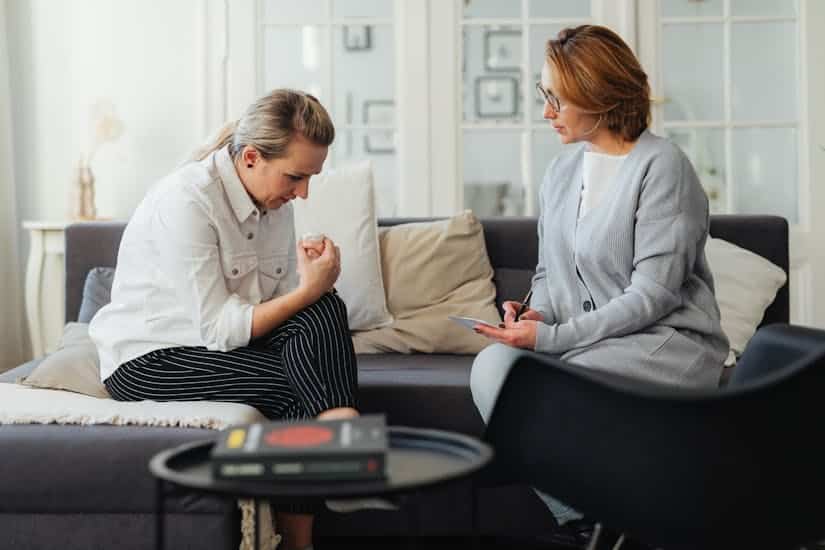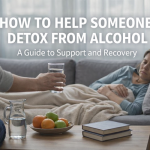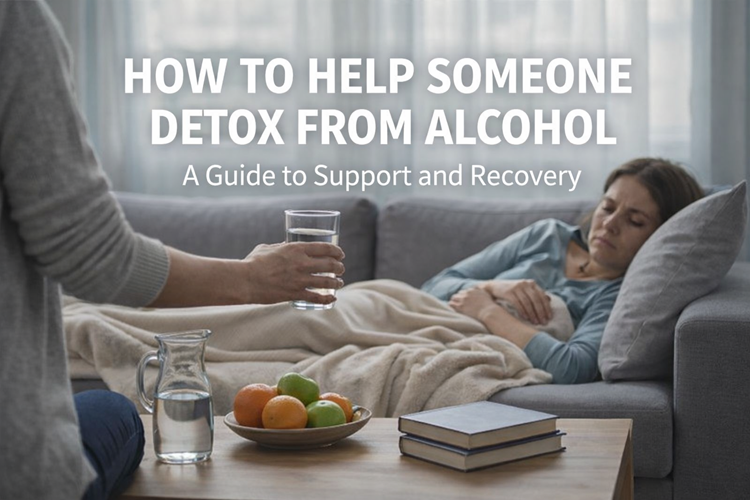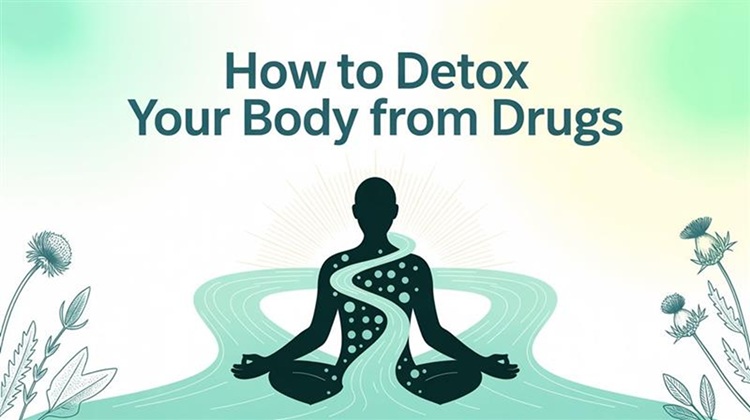Stress and anxiety have become a part of life in today fast paced society. Whether it’s the pressure of work, personal responsibilities, or even the vast amounts of information we receive every day, our mental well-being is under stress. The survey conducted by the American Psychological Association showed that around 75 percent of the adults stated that they had moderate to high levels of stress and over half of the population conveyed that stress had risen in the past year. While stress and anxiety are natural responses to life’s challenges, they can be toxic if not regulated. This is where self-care comes in.
Self-care isn’t just about pampering yourself; it is the act of engaging in activities that are good for one’s mental, emotional, and physical well-being. In this blog, we will discuss actionable self-care strategies that you can take to reduce stress and anxiety.
Understanding Stress and Anxiety
First, let’s define stress and anxiety and how they impact our lives before exploring self-care tips.
Stress is the physiological and psychological reaction to pressure, burden, or tension. It can be positive, for instance, when it enables you to escape from danger or complete a task on time, or negative (distress) when it becomes a persistent state. Sources of stress include work, finance, health, and life changes.

On the other hand, anxiety is the feeling of fear or worry about what is going to happen next. It is a natural reaction to stress; however, when it is excessive or irrational, it can hinder the normal functioning of an individual. Generalized anxiety disorder, panic disorder, and social anxiety disorder are specific types of anxiety that are more severe can be longer-lasting, and may need a therapist’s help.
Chronic stress and anxiety are detrimental to our health in many ways. It can cause physical symptoms like headaches, muscle tension, fatigue, and digestive problems. Mentally, they can lead to frustration, poor focus, and even depression.
Physical Self-Care Strategies
Exercise and Movement
Exercising is one of the best ways through which people can deal with stress and anxiety in their day-to-day lives. Exercise has also been found to have the effect of decreasing the level of stress hormones in the body in a big way including adrenaline and cortisol while on the same note increasing the level of endorphin which is the body’s natural mood enhancer. There is no necessity to go for very rigorous exercises; activities such as walking, swimming, or performing yoga can also help. Try to do at least 30 minutes of moderate physical activity on most days of the week.
Nutrition and Diet
Food has been known to affect an individual’s mood and or mental health. It is recommended that one should take fruits, vegetables, whole grains, proteins, and good fats to avoid mood swings and energy fluctuations. Some nutrients especially the omega-3 fatty acids, which can be found in fish like salmon, are especially useful for the brain. It is also necessary to drink water and avoid caffeine and alcohol since they may worsen anxiety and affect sleep.
Sleep Hygiene
Sleep is critical to mental health however stress and anxiety are known to cause sleepless nights or poor quality sleep. Good sleep hygiene is the set of practices that can help you have better sleep quality. This includes ensuring that you go to bed at the same time every day, ensuring the bedroom is cool, dark, and quiet, and avoiding bright screens or stimulating activities before going to bed. In case of sleep problems, relaxation techniques like controlled breathing or wall pushups and progressive muscle relaxation can also work.
Relaxation Techniques
It is possible to integrate relaxation techniques into your daily schedule to ease the mind and decrease tension in the body. Some of them include; deep breathing exercises that can be used to trigger the relaxation response that can reduce heart rate and blood pressure. PMR consists of a sequence of muscle tension followed by muscle relaxation where the subject focuses on one muscle group at a time to reduce physical signs of stress. Both yoga and tai chi involve movement of the body, control of breathing, and being conscious of one’s thoughts, which makes them ideal activities that help in stress and anxiety management.
100% Confidential Support is Available 24/7
No matter what you’re going through, you’re not alone. Our dedicated team is here to provide a safe, judgment-free space where you can talk openly and honestly. Whether you need emotional support, resources, or just someone to listen.
We’re here for you—completely confidential and always respectful of your privacy. Call us today!
Mental Self-Care Strategies
Mindfulness and Meditation
Mindfulness is the act of being conscious and being aware of the things that are going on in the present moment. It minimizes stress as you do not dwell much on the future or the things that have eluded you in the past. Meditation which is one of the basic concepts of mindfulness is a mental practice that focuses on being aware of the present moment and one’s mental state. It can be as simple as taking a few minutes out of your day to practice mindfulness which can help to reduce stress and increase your emotional strength.
Journaling
It is often said that when one has a lot to say, it is helpful to put pen to paper to discharge some of the tension. Journaling helps you to unlock the source of your stress, look at your thought processes, and learn how to manage it. It is also a personal space through which one can let out their thoughts without the fear of being judged. Usually, you don’t have to write a lot; a few words a day will do to enable you to gain some perspective.
Positive Affirmations
Affirmations are phrases that are said, especially to oneself, to counteract negative thinking and change the perspective. For instance, instead of saying ‘I can’t do this!’ you may say ‘I can!’ Therefore, saying these affirmations over and over can help the brain to have a more positive outlook and lessen the level of stress and anxiety.
Limiting Negative Influences
Surroundings and the people one deals with in the day to day life have a way of influencing one’s mental health. Some ways include avoiding media that may contain stressful information like constant news or social media that portrays comparison. It is equally necessary to know when to say no to people especially those who might be toxic or draining. Stay around people who encourage and have the same mindset as you.
Deland Treatment Solutions
Battling with Drug and Alcohol Addition? Remember, you are not alone and we are here to help you!
Social Self-Care Strategies
Building a Support System
Stress and anxiety can be very well dealt with when one has people to turn to for support. This could be a family member, a friend, a counselor, or a group of people who also suffer from the same condition. It is always helpful to talk to a friend a family member or any other person you can confide in about your feelings as this can be of great help to you in that you will be able to get a new perspective on the challenges you are going through. It is okay to ask for assistance when in need; asking for assistance does not mean one is weak.
Setting Boundaries
It’s also important to know when and how to say no and this is a part of self-care. Working too hard or attempting to fulfill all the expectations others have for you can result in stress and burnout. It is completely normal to take care of yourself and find some ‘me time’. This could be in the form of declining some social events or functions, or, at the workplace or home, passing some duties to other people.
Social Connections
Activities that are enjoyable to the person can help combat feelings of loneliness and uplift one’s spirit. No matter whether you are having a meal with family, practicing your preferred hobby, or helping others, social contacts are vital for the happiness of a person. Social isolation although less direct can make one feel like they are not alone and that there is someone they can turn to.
Practical Self-Care Strategies
Time Management
Timely and efficient management of time can assist in decreasing the level of stress and increase the ability to meet expectations. First of all, one should rank the tasks and determine the most efficient way to approach them step by step. One can use a calendar, a to-do list, or an application to help them track their events and this will minimize on the stress that comes with working at the last minute. It is recommended to have a schedule of breaks and relaxation during the day.
Setting Realistic Goals
It is useful to have attainable goals and this can help to provide focus in life thus decreasing the level of anxiety. First of all, it is necessary to determine what is important to you and then to set S.M.A.R.T goals that are Specific, Measurable, Attainable, Relevant, and Time-bound. Learning from your achievements, no matter how little, and forgiving yourself for the mistakes you make is healthy.
Creating a Self-Care Routine
Coming up with a plan of self-care that can easily be incorporated into one’s schedule helps to ensure that one practices self-care as a part of their daily schedule. This may involve, for instance, ensuring that one works out, takes a break to meditate, or simply takes a warm bath daily. The best way is to make it a habit; identify what you feel comfortable with and ensure that you do it regularly.
Although self-care can help in the prevention of stress and anxiety, it is important to understand when one needs professional help. If your stress or anxiety is chronic or extreme or gets in the way of your normal activities, you may need to find a therapist or counselor. Therapists and counselors can give helpful advice and techniques to work through, and some people may need to take medication when suffering from chronic anxiety disorder.

Self-care is the practice of engaging in activities that promote healing, growth, or relaxation to enhance one’s psychological health and well-being. Remember, self-care is not selfish—it’s an essential part of maintaining your mental and emotional health. The rule of thumb is to start with one task per day, be regular, and if one gets stuck, they should not be afraid to ask for assistance. Learning to take care of yourself is the first step towards a healthier and happier lifestyle.





















